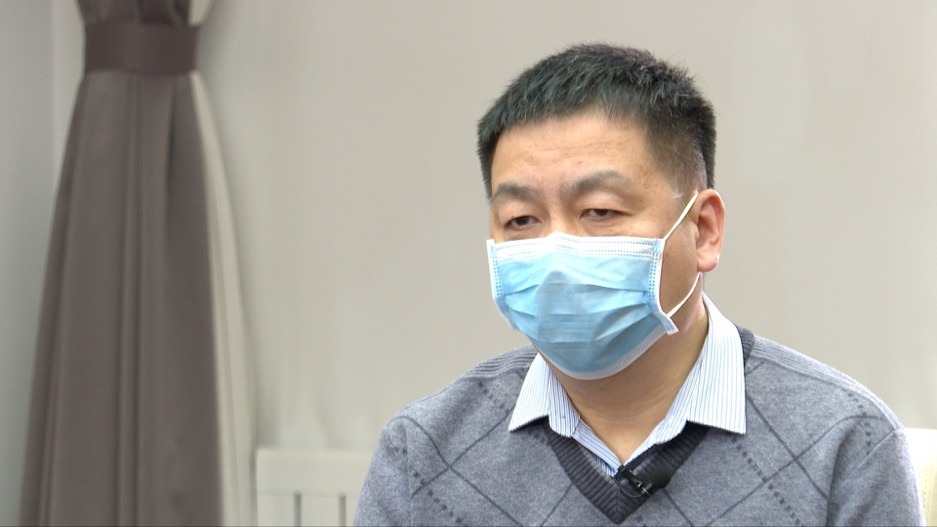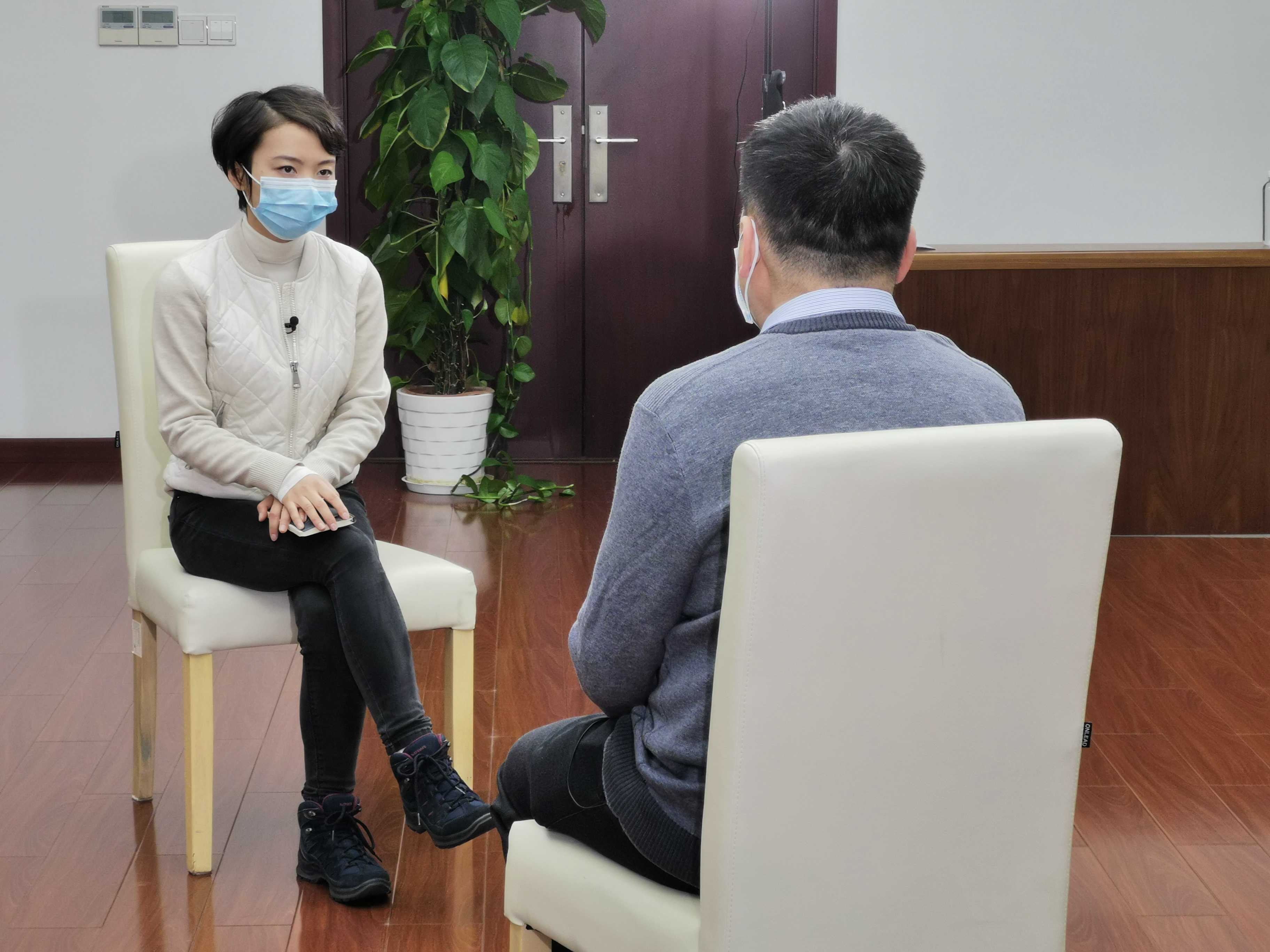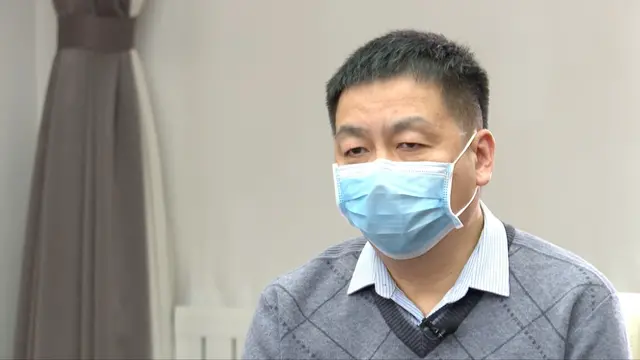04:47

With the novel coronavirus currently gaining momentum in other parts of the world, CGTN has been speaking with Chinese experts working on the ground for their experience in the prevention and treatment of COVID-19. In the latest interview, our reporter Xu Mengqi sat down with Professor Du Bin, director of the Intensive Care Unit of the Peking Union Medical College Hospital, who has been working in Wuhan for seven weeks now.
Poor prognosis for critically-ill patients in Wuhan
According to Du, among all the patients with COVID-19, about five percent are asymptomatic, about 75 or 80 percent are mild cases, around 15 percent are severe cases, including those critically ill patients defined with severe hypoxemia.
"For those patients who have to be admitted to the ICU, I think the outcome is very poor," said Du, referring to refractory respiratory failure as the major cause of death. Du added that early initiation of invasive mechanical ventilation in those who failed non-invasive ventilation trials is an important measure to prevent death in critically ill patients.
When asked why Wuhan has a higher fatality rate than other regions in China, Du said there was a learning curve for the disease, and the large volume of patients against limited medical resources at the initial stage was another important reason. Du also pointed out the possibility that there had been a variation of the virus which weakened the contagion when it was disseminated to other places.
Long-term use of steroids might lead to unexpected deterioration
The use of steroids is a controversial topic. During the SARS outbreak, steroid treatment was widely adopted and later found to be related to osteonecrosis of the hip and knee in patients.
"I personally believe that the long-term use of high dose corticosteroids is more harmful that beneficial to not only patients with COVID-19, but also patients with viral pneumonia in general, because there is strong evidence showing that the cortical steroids will increase the duration of marrow shedding in almost all the viral infections," said Du.
When it comes to the role of steroids in COVID-19 treatment, Du said he is more conservative and does not use it in his own practice. He also referred to cases where patients receiving long-term steroids would respond well initially but deteriorate later during the treatment.

Du Bin (R) talking to CGTN reporter. Chen Weikui/CGTN
Lockdown was a tough decision for the city that became the epicenter
Du is a member of an expert team that first broke the news of human to human transmission to the general public.
Recalling the situation in Wuhan, he said: "Even for a district hospital, which is quite small from the Chinese point of view, the daily visits to the fever clinic could be 1,000 to 2,000 or even more. So we recognized that such a high volume of patients or suspected cases could not be handled by the local health care resources, and if we could not implement any strict measures to control the epidemic, it would spread all over China."
Du, however, understands that placing an entire city under lockdown is a tough decision to make, and only recommends such a drastic measure for cities with an out-of-control outbreak or those that have become an epicenter.
 简体中文
简体中文



